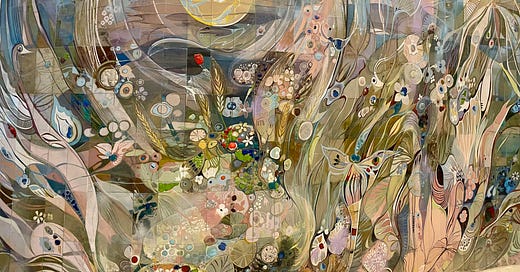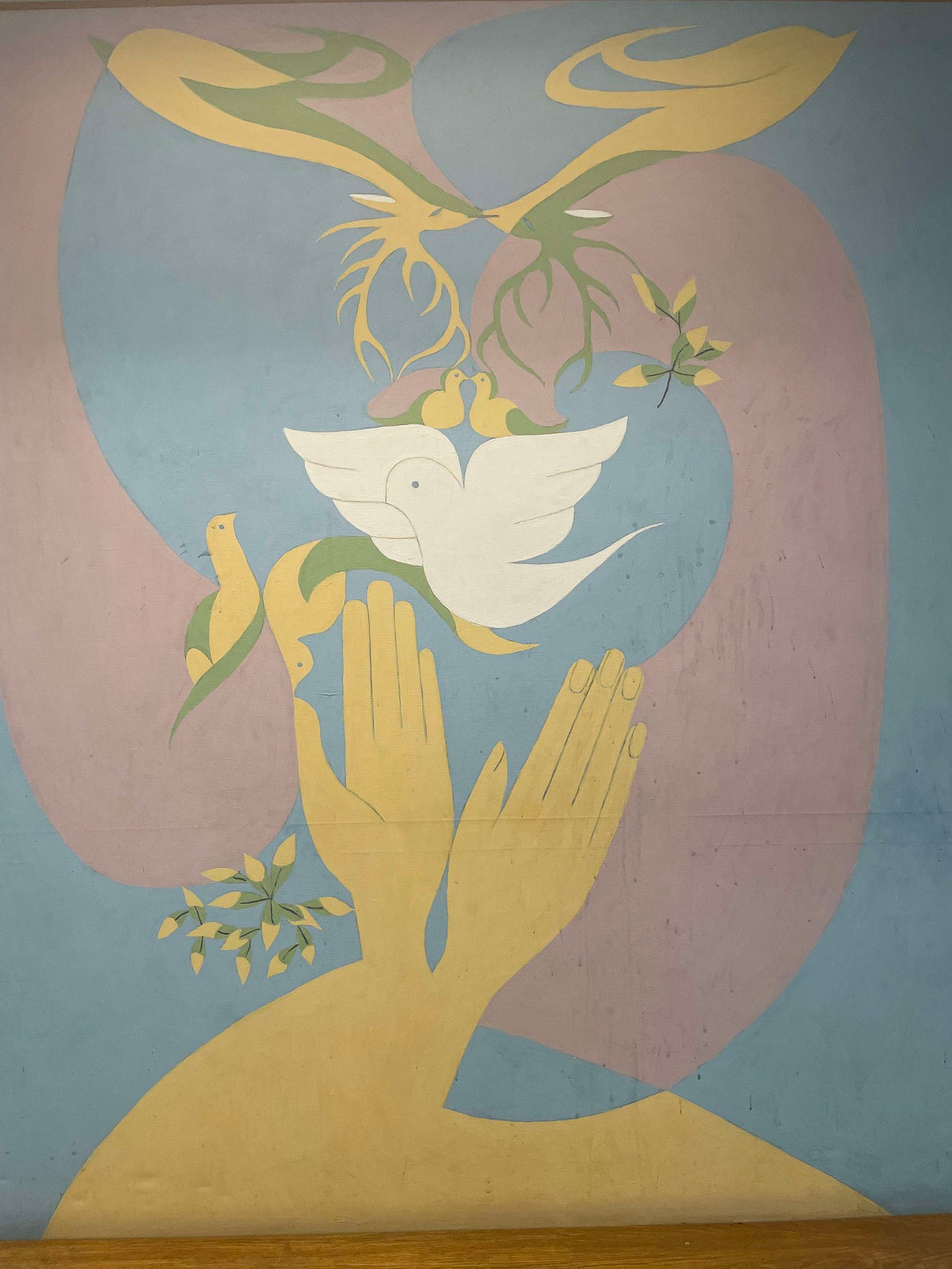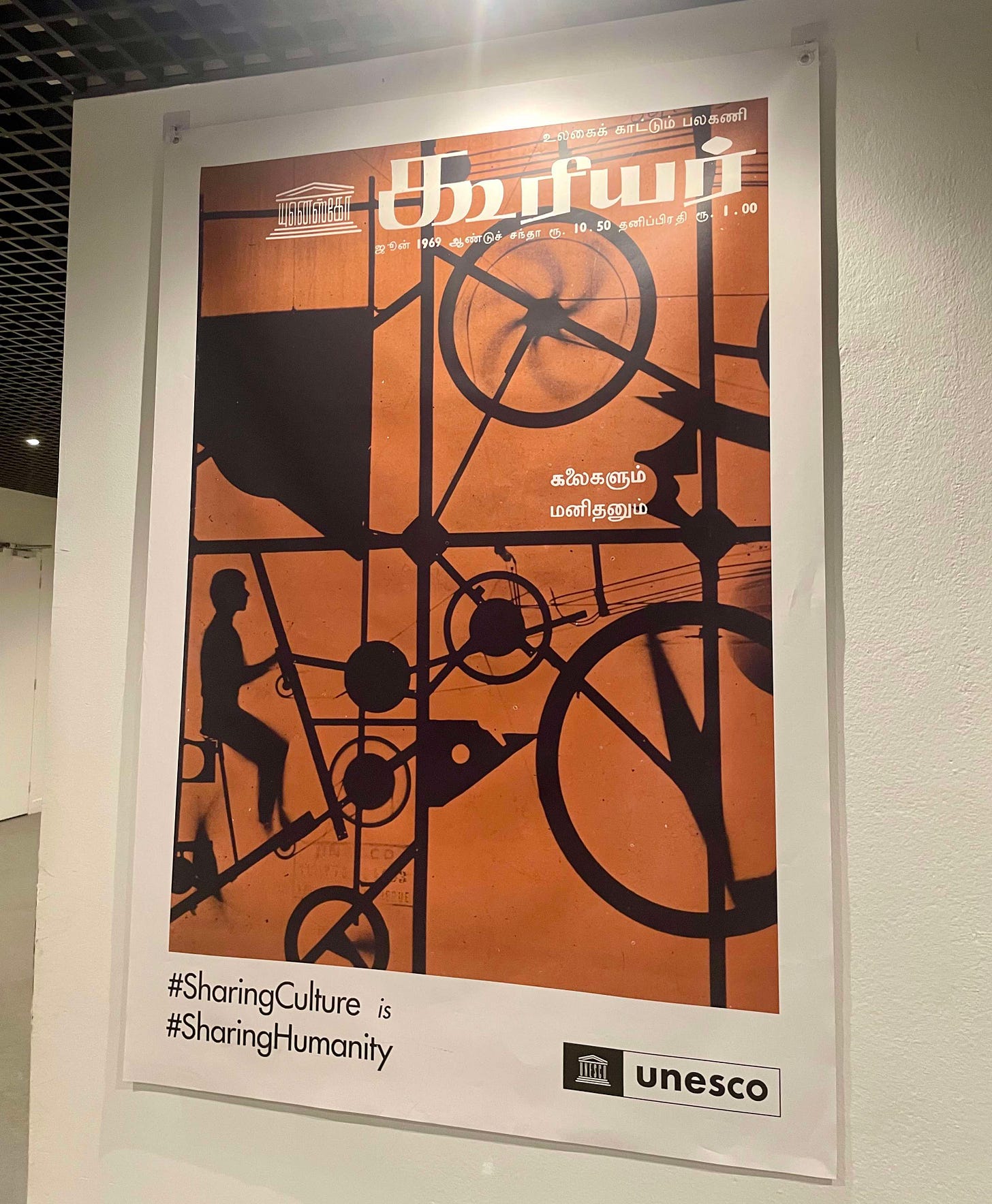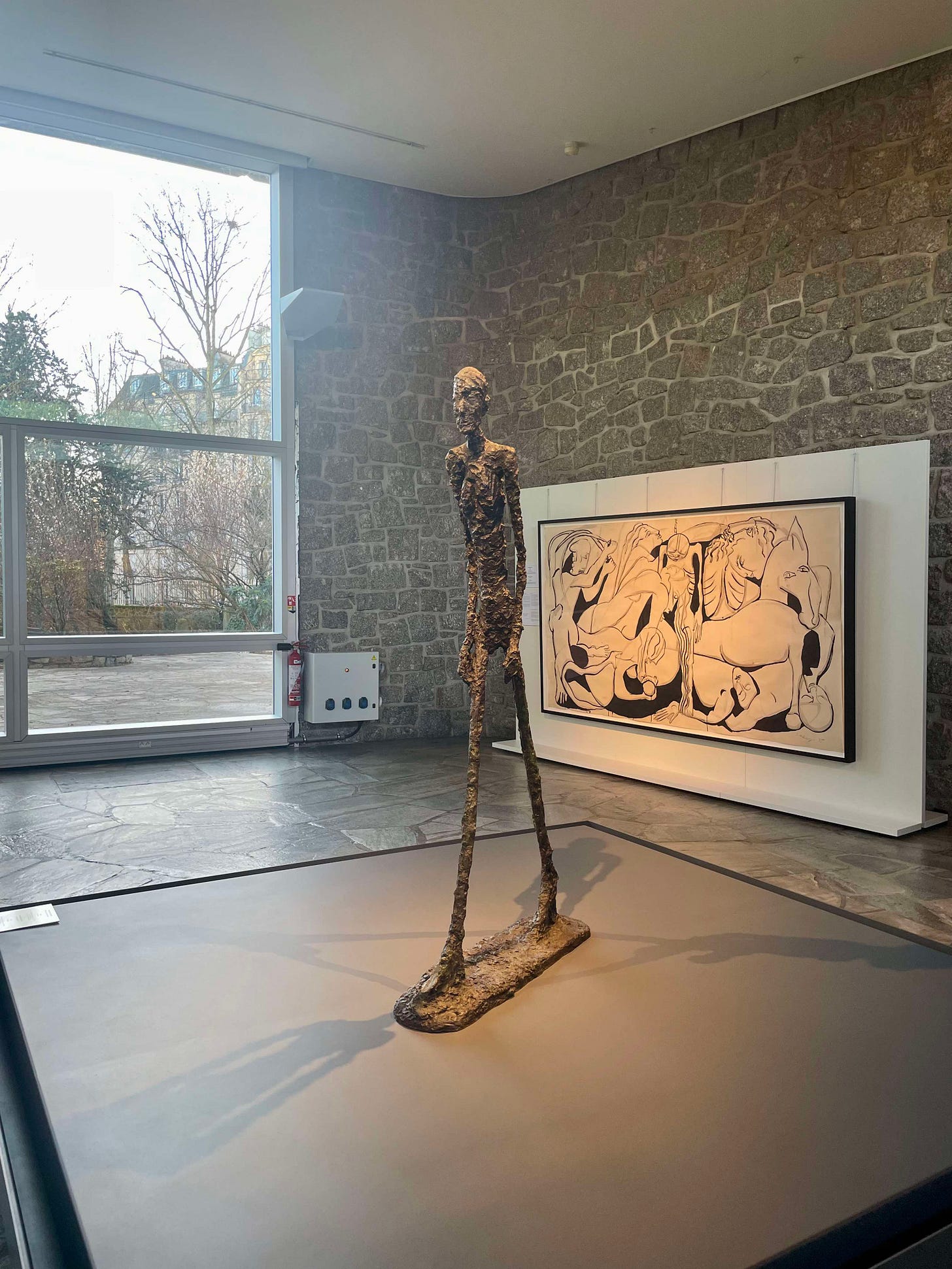This week’s essay is coming to you several days late because, well, life. The ideas behind it have been churning for a while, but it’s taken a bit longer than usual to put pen to paper (or rather fingers to keyboard). Maybe it’s because this one is personal.
You see, I’ve been working in the realm of international development for something like 25 years. And in case you haven’t heard, my “industry” is being decimated by the Trump administration’s abhorrent, nonsensical and likely unconstitutional dismantling of the U.S. Agency for International Development (USAID) and the ripple effects that this has had around the globe.
Scores of people I know have lost their jobs. Vitally important work in food security, disease prevention, education, environmental conservation and other domains has halted. In response, there have been efforts like those of USAID Stop Work to document the impact, and lots of other sources for facts and figures. In addition, there are many useful analyses about the importance of “soft power” and why global development (and foreign assistance) matters for national security and other “domestic” interests.
None of that is in my wheelhouse today. What I want to share is a bit more philosophical. Personal, like I said.
As you might have read, I recently made a trip to Paris after many years. It was my former home - a place I lived for 6 years - and retracing my old footsteps in the 18th arrondissement and reflecting on the young woman I used to be there was truly special.
So too was attending a meeting at UNESCO, an organization for which I worked for over a decade. It’s the UN’s education, science and cultural organization and was established in 1945, after the end of World War II. Like the ethos behind the United Nations as a whole, the idea was that a community of nations was a vital forum for peace and security in a world reeling from two devastating world wars. It’s the notion that’s enshrined in the preamble of the UNESCO constitution: “Since wars begin in the minds of men, it is in the minds of men that the defenses of peace must be constructed."
Walking around the UNESCO House where I once worked, I looked at the artwork and thought more about that history. Among other things, I was reminded that the preamble and the words above were in fact authored by an American: Archibald MacLeish, who was once the Librarian of Congress as well as a poet and writer (but of course). Though the U.S. has had a tumultuous relationship with the organization in the decades since then, it was a founding member and was once a fervent supporter of its work: using education, culture, science and information to build peace.
As an American, it was honestly heartbreaking to remember the many ways in which my country once worked to advance these interests. The establishment of the World Heritage Convention to conserve sites of historical and universal value around the globe. Literacy campaigns and leading the movement for education for all children. The establishment of tsunami warning and mitigation systems. The declaration in favor of world press freedom that demands that governments protect journalists and the right of citizens to free expression.
How the times have changed.
That sadness was heavy in my bones as I walked around the foyers and courtyards of the UNESCO building. But so too was the joy and nostalgia, as I thought of the many special moments that I once experienced in that terrain.
An intimate concert with Herbie Hancock, on the occasion of which he (backed by the U.S. Delegation) established International Jazz Day to honor the many ways in which jazz unites people across the world. Observing animated debates between global leaders on the leading issues of the day, capped off by champagne-fueled soirées on the terrace overlooking the Eiffel Tower. Diplomacy in action!
There were cultural heritage days when we used to wear traditional attire from around the world. Performances by the likes of the Gipsy Kings and Cesária Évora. Exhibits of art from indigenous communities. The fascination I always used to feel in watching interpreters at work in their booths during global meetings, shifting seamlessly between languages: living proof that words can bridge our differences. Working in a literal “laboratory of ideas” - work that took me to distant shores and gifted me with vistas and connections that I could have never imagined.
It was admittedly a charmed life. It was also the formative chapter in my understanding of a fundamental truth: that our humanity is a shared one.
The thing is, every single experience that I’ve had - both in the years before and after - has affirmed this truth for me. Borders are largely completely arbitrary, and the realities we face today - climate change, pandemics, artificial intelligence, economic recession, hurricanes, wildfires - could care less if you’re in Kathmandu or Kansas City. To even suggest otherwise, as Trump and his cronies do, is delusion of the largest magnitude.
Of course, isolationism is nothing new. At various points in U.S. history, the country has embraced unilateralism and turned inwards, and we’re certainly not the only ones to do so. But the sheer scale and speed of this shift under the current administration is mind-boggling. So too its lunacy.
I’ve been thinking of this all the more because I just finished reading Orbital by Samantha Harvey. Honestly, I can’t stop thinking about this book. You may have heard of it: it won last year’s Booker Prize and received much critical acclaim (including being listed among President Obama’s best books of 2024).
Orbital repudiates the notion that we - any person, any community, any nation - can go it alone. It’s in fact a love song to our shared humanity, as it chronicles a day in the life of six astronauts, each from different countries, on the International Space Station. From their vantage point, it’s clear:
“Before they came here there used to be a sense of the other side of the world, a far-away-and-out-of-reach. Now they see how the continents run into each other like overgrown gardens – that Asia and Australasia are not separate at all but are made continuous by the islands that trail between; likewise Russia and Alaska are nose to nose, barely a spit of water to hold them apart. Europe runs into Asia with not a note of fanfare. Continents and countries come one after the other and the earth feels – not small, but almost endlessly connected, an epic poem of flowing verses.”
One of the great privileges of being a person of the world is the recognition of this simple but apparently not obvious truth: that of our connection and commonality. Regardless of geography or circumstance, we share the predicament of being human. We struggle and fumble and fall in love. We grieve and regret and break bones and make art and babies. As Harvey writes:
“Maybe human civilisation is like a single life – we grow out of the royalty of childhood into supreme normality; we find out about our own unspecialness and in a flush of innocence we feel quite glad – if we’re not special then we might not be alone.”
It’s precisely this. We’re not alone. How could we ever think otherwise? How can walls and travel bans and tariffs possibly overcome this simple truth? If there’s any hope to be had in these dark times, maybe it’s exactly this.
Only time will tell, of course. But my recent visit to UNESCO reminded me that there was a time when this was the world that we envisioned: one guided by a belief in our common humanity. One where we urgently understood the need for cooperation and support between countries and peoples. One in which we knew that our destinies on this little blue planet are always intertwined. One that, in the words of Samantha Harvey, affirmed that: “Humankind is not this nation or that, it is all together, always together come what may.”
Come what may, may we find the together again.












May we find the together again -- so beautiful! Thank you for this piece.
This is a powerful piece Ramya! Thanks for sharing this with me. We are not alone. We are intricately linked together.